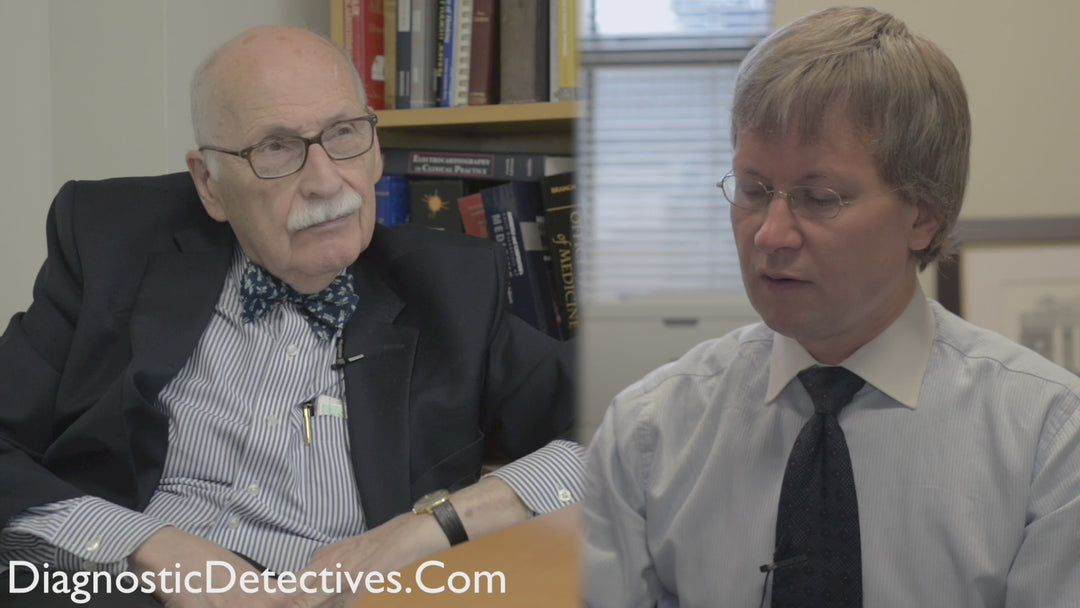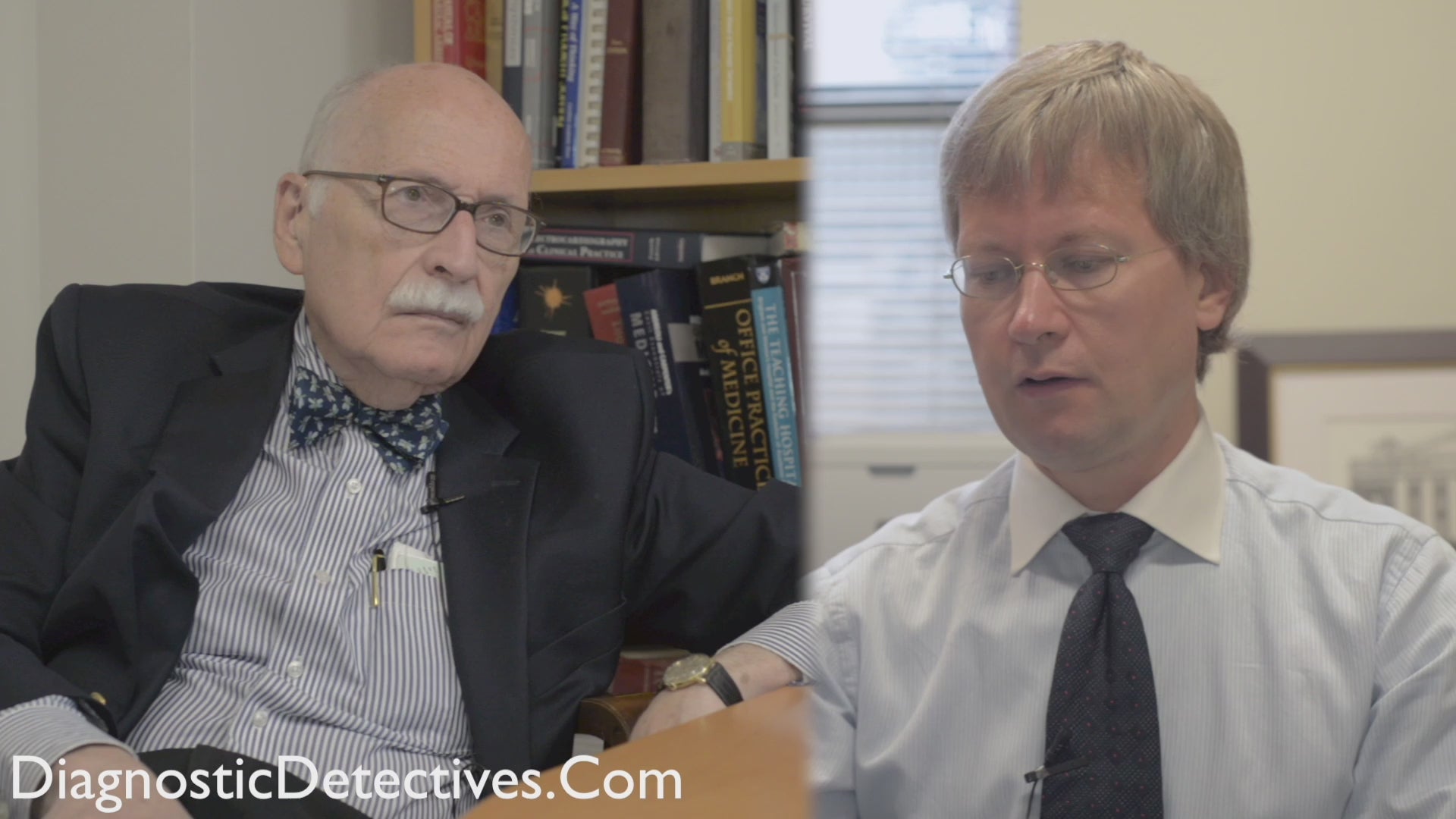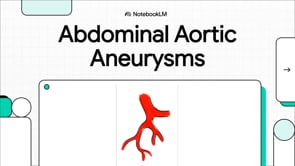מומחה מוביל בבריאות הרופא ובחינוך הרפואי, ד"ר מרשל וולף, MD, מסביר כיצד להימנע משחיקה בקרב רופאים. הוא מזהה שתי סיבות עיקריות לאי-שביעות רצון מקצועית. רופאים עובדים לעיתים קרובות שעות בלתי אפשריות הפוגעות בחיי המשפחה. רופאים גם מתקשים להעריך את הגמול העמוק של העיסוק הקליני. ד"ר מרשל וולף, MD, מדגיש את הצורך הקריטי בחיים מחוץ לרפואה. הוא חולק את ניסיונו האישי במציאת אושר עצום בקריירה בת 52 שנה.
אסטרטגיות למניעת שחיקה בקרב רופאים ולשביעות רצון מקצועית
קפיצה לפרק
- הבנת שחיקת רופאים
- גורמים עיקריים לאי-שביעות רצון
- לוח הזמנים הבלתי-בר-קיימא
- גילוי מחדש של התגמולים ברפואה
- חשיבות האיזון בחיים
- פרספקטיבה אישית על מימוש
- תמליל מלא
הבנת שחיקת רופאים
שחיקת רופאים היא תופעה נפוצה הפוגעת באנשי מקצוע רפואיים בכל שלבי הקריירה. ד"ר מרשל וולף, MD, דן באתגר זה עם ד"ר אנטון טיטוב, MD. שחיקה הופכת את הייעוד הרפואי לעבודה שגרתית בלבד. תופעה זו משפיעה על מתמחים ברפואה, רופאים בשלב אמצע הקריירה ואפילו רופאים מוערכים מאוד.
החיפוש אחר אושר והימנעות משחיקה הם דאגה מרכזית ברפואה המודרנית. ד"ר מרשל וולף, MD, מציג פרספקטיבה ייחודית מתוך קריירה נרחבת בת חמישה עשורים.
גורמים עיקריים לאי-שביעות רצון
ד"ר מרשל וולף, MD, מזהה שתי סיבות עיקריות לכך שרופאים חווים שחיקה ואי-שביעות רצון מקצועית. הגורם הראשון כולל מיקום עבודה לקוי ודרישות מקצועיות בלתי-ברות-קיימא. הגורם השני הוא אובדן החיבור לתגמולים הפנימיים של העיסוק הרפואי.
גורמים אלה פועלים לרוב together כדי ליצור תחושת התפכחות עמוקה. ד"ר אנטון טיטוב, MD, חוקר תובנות קריטיות אלה במהלך שיחתם. הבנת שורשים אלה היא הצעד הראשון toward פיתוח אסטרטגיות מניעה יעילות.
לוח הזמנים הבלתי-בר-קיימא
שעות עבודה בלתי-אפשריות מהוות תורם מרכזי לשחיקת רופאים. ד"ר מרשל וולף, MD, מדגיש כיצד לוחות זמנים מוגזמים פוגעים ביחסים משפחתיים. רופאים רבים מגלים שאין להם חיים מחוץ לאחריותם הקלינית.
חוסר איזון זה בין עבודה לחיים יוצר עומס אישי ומקצועי עצום. רופאים חייבים לתכנן במודעות מבנה קריירה בר-קיימא. ד"ר מרשל וולף, MD, מייעץ לרופאים להבין כיצד להימנע מדפוסים הרסניים אלה.
גילוי מחדש של התגמולים ברפואה
עיסוק קליני מציע תגמולים עמוקים שרופאים often overlook during שחיקה. ד"ר מרשל וולף, MD, מתאר את הזכות לחלוק את חייהם של מטופלים ולפתור בעיות מורכבות. עזרה למטופלים לנווט אתגרים בריאותיים מספקת סיפוק מקצועי עמוק.
חיבור זה לטיפול במטופלים מייצג את הייעוד המרכזי של הרפואה. ד"ר אנטון טיטוב, MD, דן כיצד רופאים יכולים לשמר פרספקטיבה זו. רופאים who find medicine inherently satisfying are far less likely to experience שחיקה.
חשיבות האיזון בחיים
חיים מחוץ לרפואה הם essential for שביעות רצון מקצועית long-term. ד"ר מרשל וולף, MD, מדגיש שרופאים need both a profession and a personal life. איזון זה מונע מהרפואה to consume all aspects of a doctor's identity.
שמירה על תחומי עניין חיצוניים וקשרים משפחתיים מספקת פרספקטיבה crucial. ד"ר מרשל וולף, MD, considers this balance fundamental to avoiding שחיקה. This approach allows physicians to sustain their passion for medicine across decades.
פרספקטיבה אישית על מימוש
ד"ר מרשל וולף, MD, personally found medicine "wonderfully fun" throughout his 52-year career. His enthusiasm for clinical practice remained strong even after official retirement. He continues to spend 35 hours weekly at the hospital teaching and learning.
This enduring passion demonstrates how sustainable a medical career can be. ד"ר אנטון טיטוב, MD, highlights this remarkable example of career longevity. ד"ר מרשל וולף, MD's experience shows that שחיקה is not an inevitable outcome of medical practice.
תמליל מלא
ד"ר מרשל וולף, MD: רופאים often suffer from שחיקה and dissatisfaction with a "job." The job becomes a routine, rather than the "calling" that doctors decided upon when they went into medicine. This is true for physicians in training, but it is also true for physicians mid-career and for accomplished physicians.
How to be happy as a physician? How to avoid שחיקה? I'm aware of the statistics on שחיקה. I only lasted 52 years in practice, so I don't know! I quit because I was becoming deaf.
Being a physician is just wonderfully fun. A lot of times people get burned out for two reasons. One reason is they put themselves in a bad work position. The hours are just impossible to tolerate for their family. They don't have a life outside of work.
Doctors have to figure out how not to do that. The second thing is this: physicians often don't appreciate the rewards of medical practice. They get to share patients' lives. Doctors help patients solve their problems and figure out what's going on. Physicians help them do that.
I found it wonderfully satisfying. Perhaps you don't find medicine satisfying. Then you are going to work very hard and you may decide you don't like it after a certain period of time.
The practice of medicine is a lot of fun. Sometimes people put themselves in a position where they work too many hours. So it is unsatisfying to their families. They don't have a life outside of medicine.
You do need life outside of medicine. You need to have a life as well as a profession. Personally, I just like medicine. I still enjoy it. I'm "retired," so I only come to the hospital 35 hours a week to learn and to teach.






